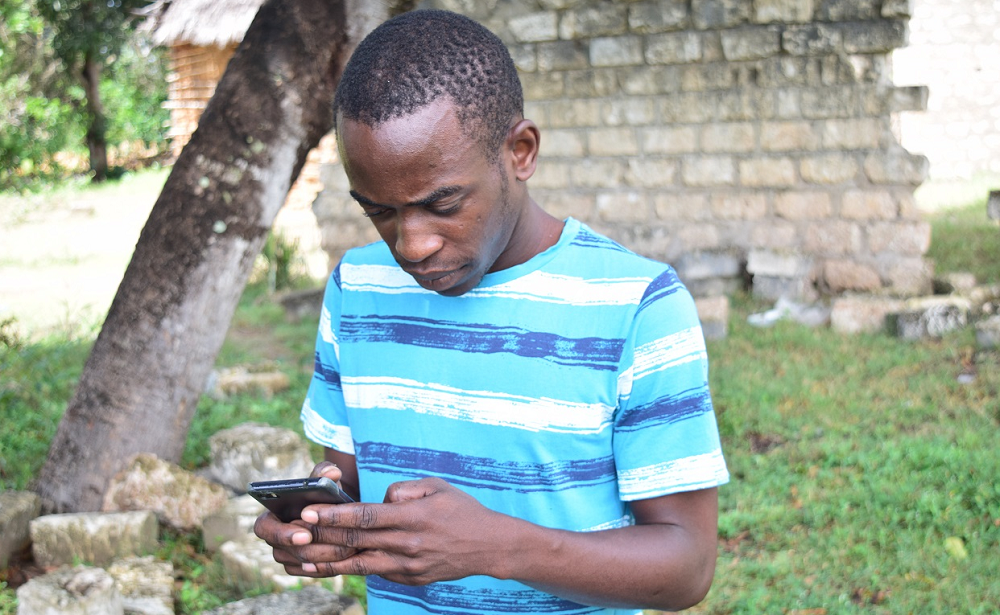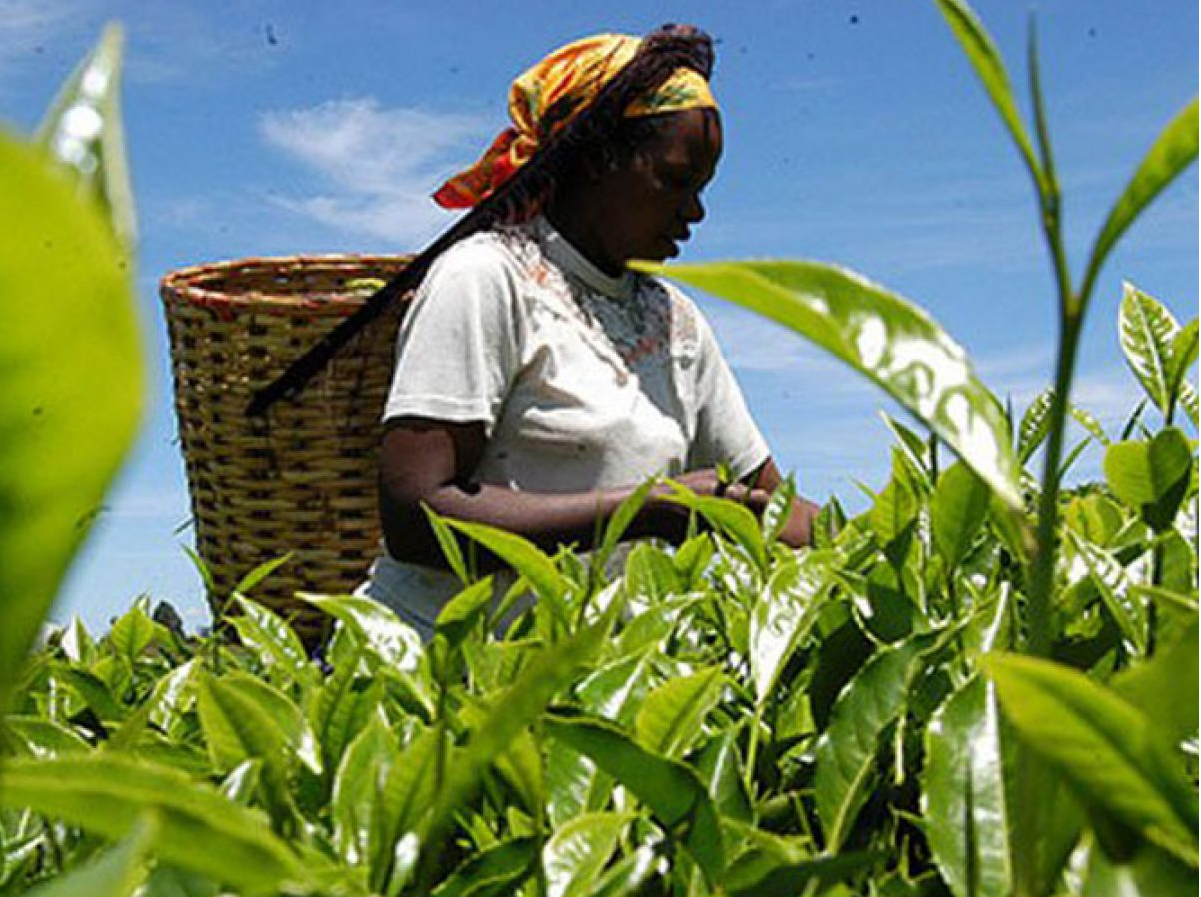Excise Tax On Airtime: Kenyans love to talk! From fireplace discussions to a chat over coffee, most of the talking has lately moved to the mobile phone. And with the cost of airtime progressively reducing over the past decade, Kenyans have been talking more and texting even more. Well, the government has been watching and now wants a portion of the airtime budget to help deal with a budget deficit.
When President Uhuru Kenyatta signed the Finance Bill, which effectively operationalizes tax and policy measures in the 2021/22 Budget, many Kenyans may not have taken a keen interest. But his signature on the bill spells far-reaching effects on not just airtime whose excise duty has increased from 15% to 20% but on an entire economy that relies on voice calls, texting and data.
Airtime tax increase was not included in the Finance Bill but came as a proposed amendment by the government. From airtime alone the taxman expects to raise at least Ksh8 billion in extra revenues from Safaricom, Airtel and Telkom Kenya. This will be a direct hole in the pockets of Kenyans as mobile operators’ pass the burden to consumers.
In view of this change, Airtel Kenya has already announced an increase its voice tariff to Ksh2 plus taxes, which will rise to Ksh2.78 per minute. “Airtel Kenya has ensured that prices of all data and voice bundles remain unchanged,” the company said in a statement. “Hence, there will be no changes to the Amazing, Unliminet and Tubonge bundles.”
Airtime has become the top expenditure in many households, toppling rent in the basket of goods that determine the cost of living in Kenya, according to Kenya National Bureau of Statistics (KNBS) report of April 2020. Naturally, this means any change in airtime prices will have a direct impact on the cost of living and so Kenyans must be braced for tough times ahead.
Considering that government services such as drivers’ licences, land transfers, parking and licence fees are done online, increase in airtime excise duty will push data costs higher and which will, in turn, affect internet access and penetration levels, innovation and employment – especially for the self employed youths who rely on the internet for their income.
The new excise tax is being interpreted as punishment for consumption of mobile services – which is basically over 45 million Kenyans. This is an extra tax on top of paying 16% VAT already levied on airtime and data cost – raising the total tax levied airtime to 36% (16% VAT+20% excise).
Read Also >> Media House Restores Full Salaries But Road To Recovery Remains Bumpy
In simple terms for every Ksh100 airtime or mobile data, KshSh36 will go to the government in the form of taxes, putting mobile phone users among the most heavily taxed consumers in Kenya.
Effectively, airtime and data have been lumped together with sin-tax products such as alcohol, and cigarettes as well as luxuries like perfumes and mineral water.
Sin tax on airtime
Historically, excise taxes in Kenya have been levied on the domestic production of only four products – namely cigarettes, sugar, beer, spirits and matches – as increased excise is used to discourage consumption of products deemed to be harmful to the health and morality of the consumer.
Safaricom consumers will pay the biggest portion of the new excise tax, followed by Airtel. Safaricom PLC was the largest mobile telecom operator in Kenya from 2018 to 2020, with a market share of 63.6% in the fourth quarter of 2020. Airtel Networks Limited accounted for 27.2% in the same period, making it the country’s second biggest provider of mobile subscriptions.












Leave a comment